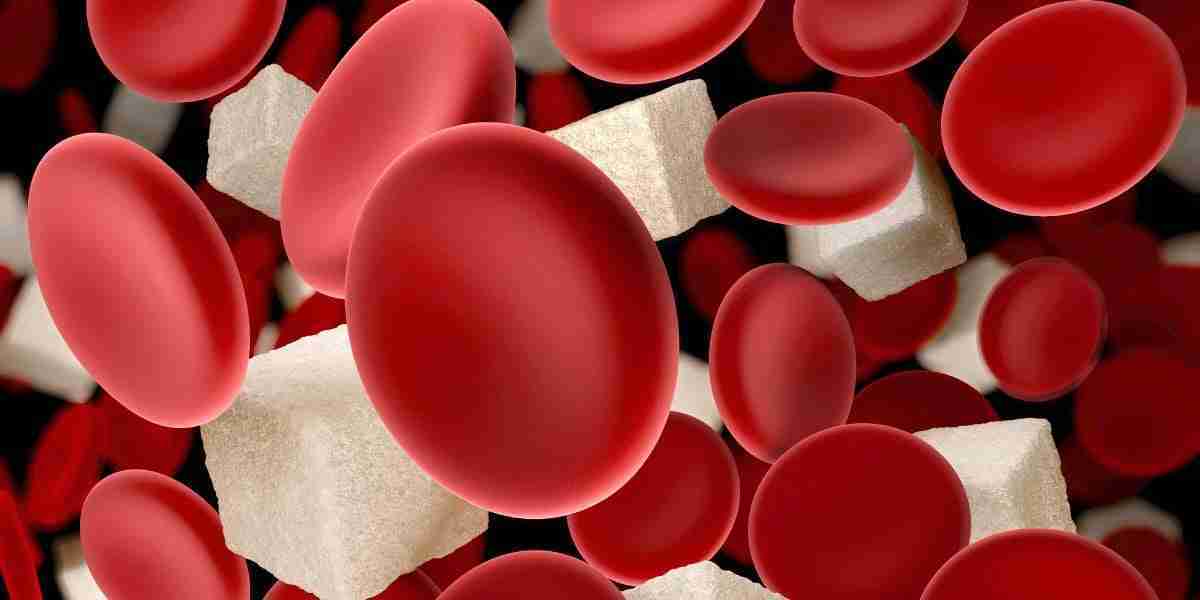In an era of heightened environmental awareness, businesses worldwide are recognizing the need to prioritize eco-friendliness in their operations. The Restriction of Hazardous Substances (RoHS) certification has emerged as a critical step in this direction. This article sheds light on RoHS certification, its significance, and the benefits it offers to both businesses and the planet.
RoHS Certification: An Overview
RoHS, often referred to as the "RoHS Directive," stands for the Restriction of Hazardous Substances in Electrical and Electronic Equipment. It is a European Union directive that aims to reduce the environmental impact of electronic products by restricting the use of specific hazardous substances. These substances include lead, mercury, cadmium, hexavalent chromium, polybrominated biphenyls (PBBs), and polybrominated diphenyl ethers (PBDEs).
Why RoHS Certification Matters
Environmental Responsibility: RoHS certification signifies a company's commitment to reducing the harmful impact of electronic waste on the environment. By limiting the use of hazardous substances in their products, businesses contribute to the overall reduction of electronic waste, which is notorious for contaminating soil and water.
Consumer Safety: RoHS compliance ensures that electronic products are safer for consumers. Reduced exposure to toxic substances makes these products less harmful in case of accidental damage or improper disposal.
Global Market Access: While RoHS is a European directive, its principles have influenced regulations worldwide. Many countries and regions have adopted similar legislation, meaning that RoHS compliance is often a requirement for global market access.
Brand Reputation: A RoHS certification label can build trust with environmentally-conscious consumers. It demonstrates a company's dedication to ethical and sustainable manufacturing practices.
Benefits of RoHS Certification
Legal Compliance: RoHS compliance is mandatory for products sold in the European Union. Non-compliance can result in fines and even product recalls.
Market Advantage: RoHS certification opens doors to a broader market by ensuring access to the EU and regions with similar regulations.
Cost Reduction: By eliminating hazardous substances, companies can streamline their manufacturing processes, reduce waste management costs, and decrease the risk of fines.
Environmental Stewardship: RoHS certification aligns with global efforts to reduce electronic waste, conserve resources, and protect the environment.
In conclusion, RoHS certification is more than just regulatory compliance; it's a commitment to sustainability, consumer safety, and a greener future. Businesses that embrace RoHS not only meet legal requirements but also gain a competitive edge, build trust with consumers, and contribute to the global effort to protect our planet. As environmental concerns continue to grow, RoHS certification is an investment that pays dividends for businesses and the Earth alike.



